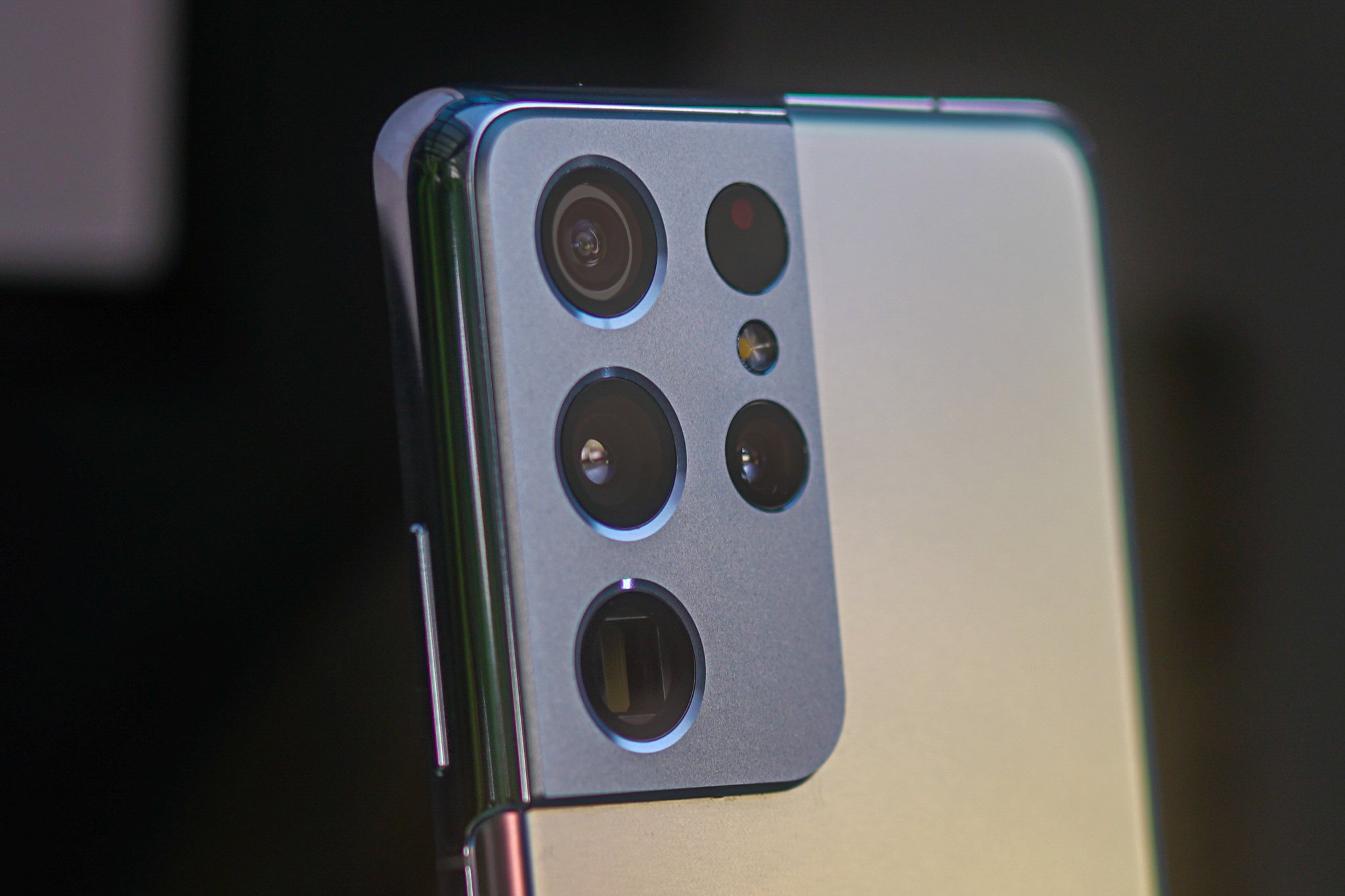When even budget phones have great shooters, what can the flagships offer?
It's often said that the best camera you have is the one with you. For most of us, most of the time, that's our smartphone. Even if you own a more expensive, more capable standalone camera, your phone will almost always be closer at hand.
That's just one of many reasons why, if you're shopping around for a new smartphone, it's worth paying close attention to its camera system -- even if it means spending a little bit more.
But before you buy, it's worth thinking about what you'll use your phone's camera for most. Most phone cameras these days are good enough. So unless you're buying an absolute bargain-bin model or a really old phone from five years ago or earlier, chances are it'll take photos that are good enough in most situations. That's especially true if you're primarily sharing them on social media instead of printing them out or blowing them up onto a big display.
In 2021, most phones at the $400 level or above will have some night mode for taking clearer shots in darker conditions, as well as a portrait mode to create sharper-looking pics of friends and family. Although a few years ago, you might only find them in high-end flagships, in 2021, they're table stakes features.
Most phone cameras are good enough, but that doesn't mean you shouldn't demand more.
So why spend more on a higher-end phone with a better camera? The first thing to consider is that the photos you take on your phone will form memories that'll hopefully last years. So whether you're posting them to Facebook or backing up to Google Photos or Amazon, you're going to want them looking their best. That's especially true of video, which is one of the more challenging areas for cheaper phone cameras. Videos of vacations and other occasions can form some of our most precious memories.
In addition to superior video performance, a flagship phone like a Pixel 6 Pro or Samsung Galaxy S21 Ultra will offer higher-quality secondary cameras, like ultrawide and telephoto. These can help you capture a wider field of vision or punch in to capture more distant subjects with greater fidelity.
In cheaper phones, often one of the first areas where corners are cut is with secondary cameras. And that could mean shots taken with the ultrawide or telephoto cameras don't look as good if these extra shooters are even offered at all.
The same applies to computational features — features that use the number-crunching power of your phone's processor — like night mode and portrait mode. A greater number of rear cameras can help your phone judge depth and capture more realistic portrait-effect shots. Meanwhile, low-light captures can be helped considerably by speedy processors like those found in the latest Android flagships.
Your phone camera is also a great gateway into the broader world of photography.
Smartphone photography is also worth considering as a hobby in itself and a gateway into the broader world of photography. The same basic principles like framing and lighting apply whether you're using a smartphone that costs a few hundred dollars or a big interchangeable-lens camera that costs several thousand. Getting started with your phone can be a fantastic and highly approachable way to dip your toe in the water.
As a general rule, if you care even slightly about photography, it's worthwhile getting a phone with a better camera than you think you need. Take a look at reviews, comparisons, and roundsups of the best phone cameras you can buy.
If you are photographically inclined, you'll be using your phone to capture years of memories that you'll be looking back on for decades to come, so it's well worth spending a little more to make sure those memories are as clear and enjoyable as possible.
from Android Central - Android Forums, News, Reviews, Help and Android Wallpapers




0 comments: